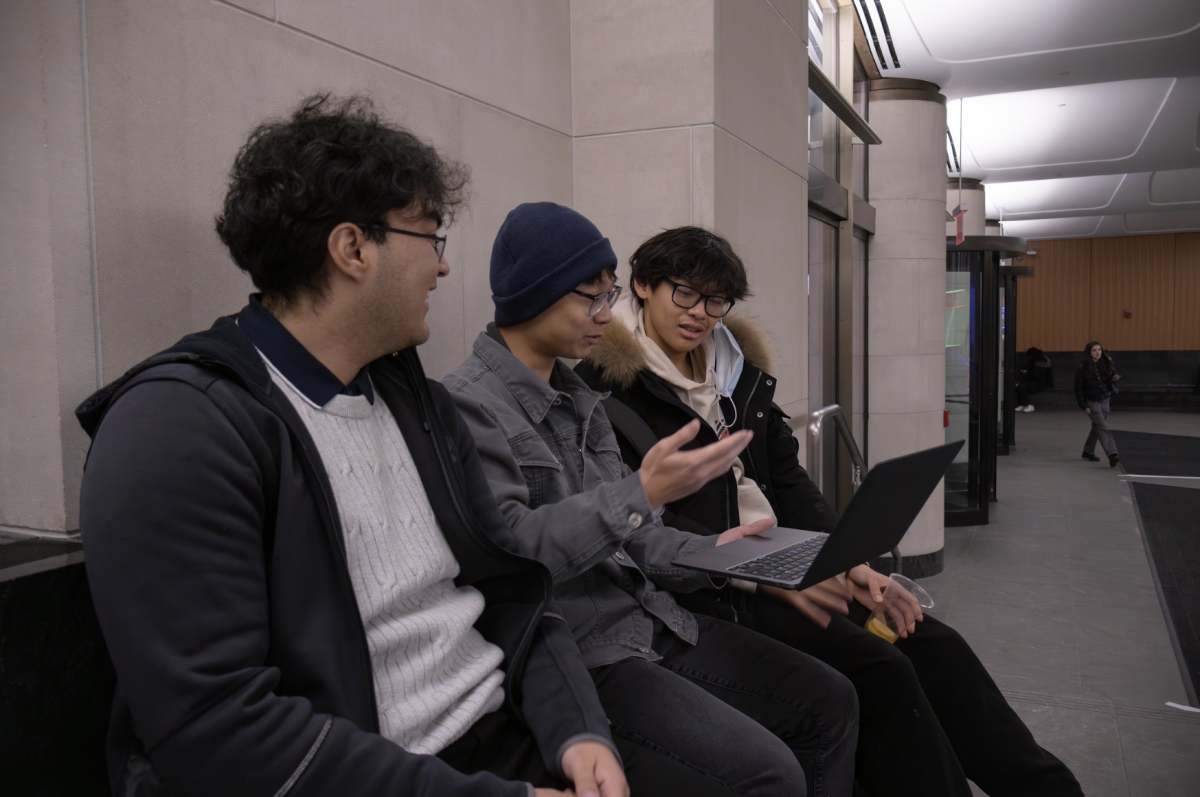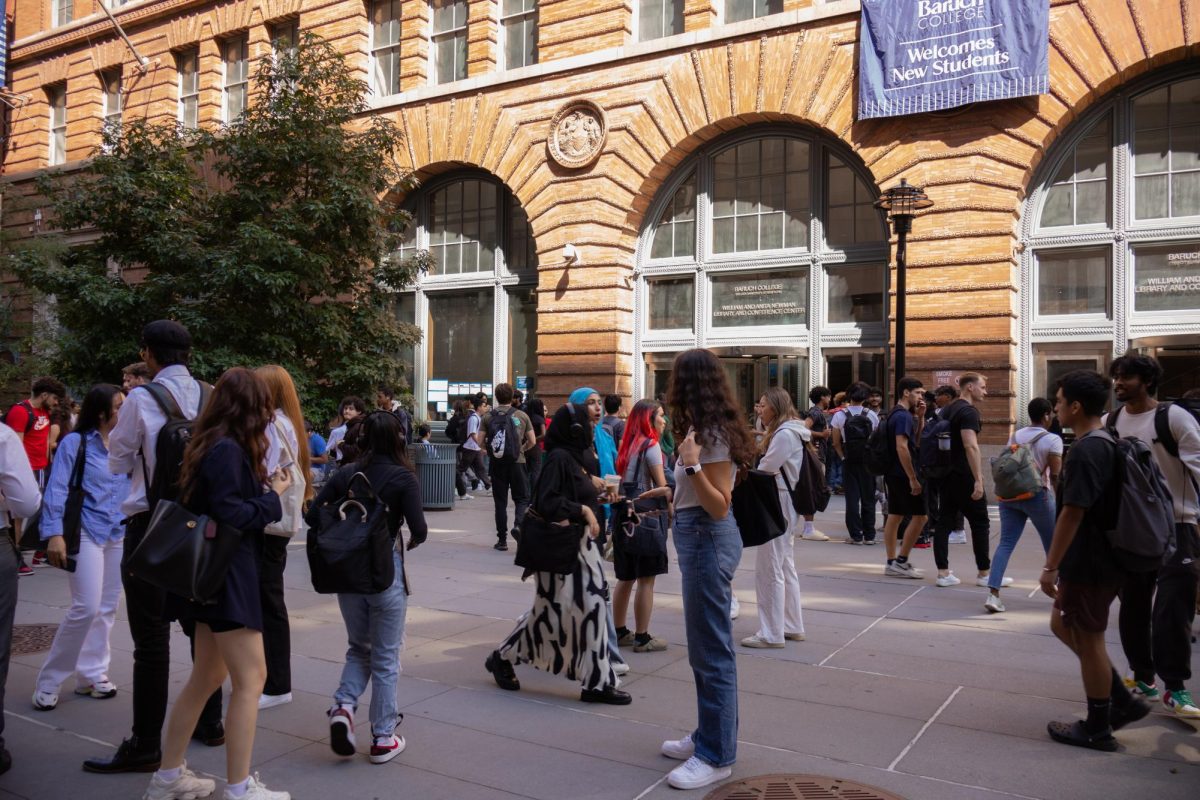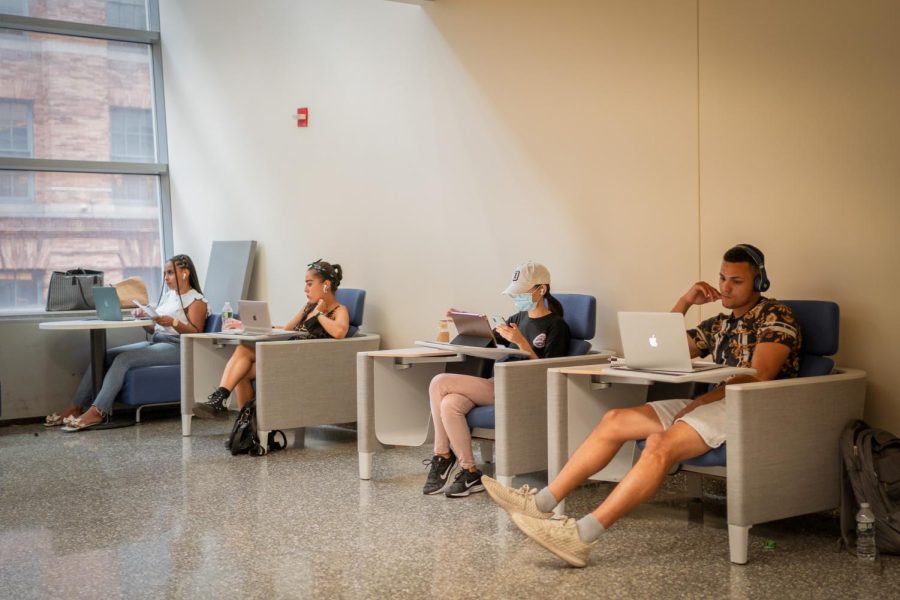Since the COVID pandemic impacted the global economy tremendously, unemployment rates have risen across many industries and communities. College students were one of the few demographics that received the least relief. Universities need to provide career assistance to lower the unemployment rate among college students.
Blavity reports that college graduates are one of the few demographics that struggle with job searching the most as the unemployment rate for recent graduates remains at 4%, higher than any overall jobless rate.
Moreover, a study conducted by the U.S. Census Bureau found that many young adults were still living with their parents in 2022. The research highlighted the job market status, student debt and rising inflation costs as blame.
A systemic barrier college students face is the uncertainty of the economy.
Whether they are the classes of 2022 and 2023 or will be the classes of 2024 or 2025, students are not in control of constant economic changes. For example, many recent grads are entering an economic field where industry layoffs are becoming the norm.
Additionally, media and tech industries, which are a popular career path for recent college graduates, have been dealing with the ramifications of a post-COVID economy, as reported by The Washington Post. The nation is also dealing with worker shortages in industries such as hospitality or education; however, these demanding industries aren’t favorable among graduates.
Harry Holzer, a public policy professor at Georgetown University and former Labor Department Chief Economist, acknowledged the connection between recent college graduates and the labor market. This trend was first realized during the 1990s but has become more serious due to the pandemic.
“Recent college graduates are very sensitive to the state of the labor market,” Holzer said. “There’s been some softening in hiring, and young people in general are the first to feel it.”
One solution to closing the unemployment gap among college graduates lies within university career centers. Career centers play a key role in a young adult’s college experience as they provide a range of resources, from resume assistance to internship placement.
The obvious strength is the access to career advisors. During the pandemic, rather than preparing for futures with mentorships or extracurricular activities, college students spent their time in uncertainty while stuck at home due to remote learning.
Another feature of a career center is career advisors, who can help students decide what majors are suitable for them as well as figure out which one will help them secure full-time job opportunities or post-undergraduate studies.
The idea of colleges facilitating post-graduation employment is crucial for a variety of reasons.
College career services enhance the value of education by ensuring practical application of knowledge, promoting career success for graduates, strengthening the college’s reputation and contributing to economic productivity by supplying skilled professionals to the workforce.
The unemployment gap for college graduates is an outcome of the COVID-19 pandemic. While the economy is playing catch-up to three years of financial losses, many vulnerable demographics, such as college students and graduates, are suffering.
Colleges must provide students with an abundance of professional resources to close the unemployment gap.














